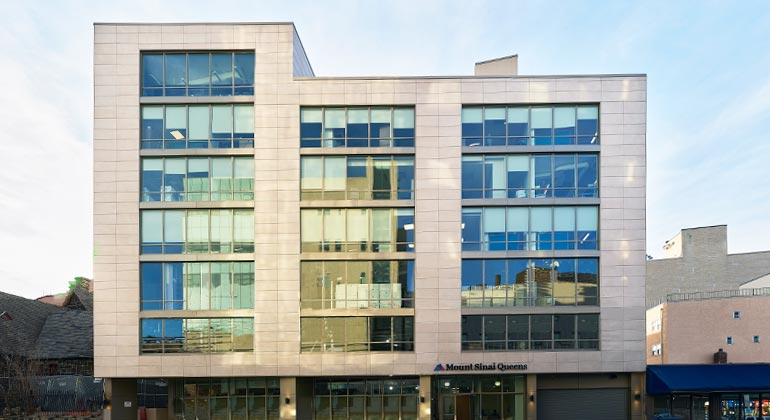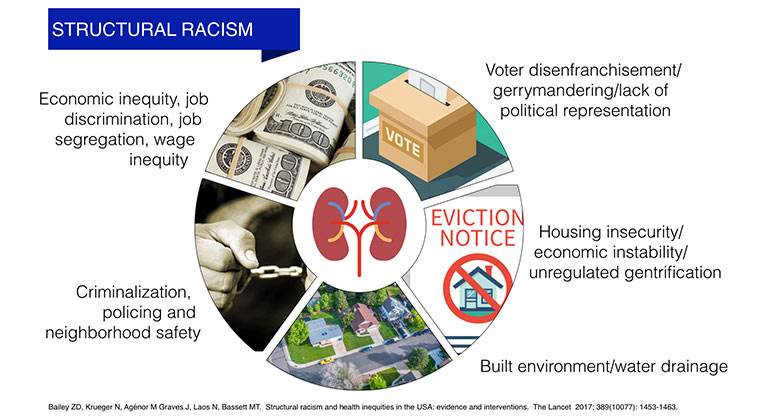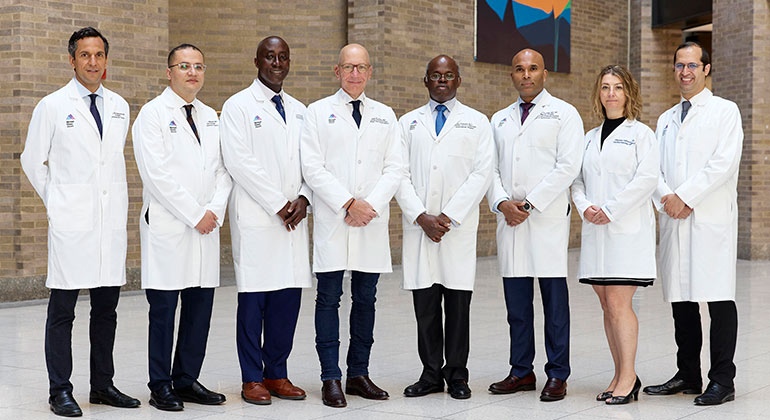Summertime Myths and Tips for Healthy Living
Mount Sinai Hospital Physicians Debunk Common Summertime Myths Among Latinos and Provide Tips for Healthy Living
New York, NY, August 9, 2010 – Summer is the time for playing outdoor sports, eating at picnics and BBQs with family and friends. However, some commonly made mistakes keep Latinos for being healthy. That is why a team of physicians at Mount Sinai Hospital took it upon themselves to debunk four of the most common summertime myths among Latinos.
- Since some Latinos have dark skin, they believe that they don't need sunscreen
"A misunderstanding among Latinos is that, because many have dark skin tones, sunscreen is not necessary, says Dr. Samer Kottiech M.D. and Cardiologist. "However, to avoid skin cancer, everyone needs to frequently apply sunscreen regardless of their skin tone," he adds. Dr. Kottiech recommends reapplying the sunscreen every 30 minutes after the first application. Also, be sure to cover your entire body and use at least one shot glass of sunscreen with each application.
- If I drink beverages like coffee, soda and beer, I do not need water
With temperatures rising, it's critical that your body is well hydrated. "Water is not the popular drink among most Latinos," says Dr. Carlos Driggs, MD and specialist in Internal Medicine. "However, in order to avoid heat stroke, it is best to drink between 1-2 glasses of water before going outdoors, especially during summer." Also, Dr. Driggs suggests to increase the consumption of water by 2 glasses an hour, if you are drinking alcohol or exercising, Make sure you carry a bottle of water with you at all times to keep hydrated.
- If food is cooked, it can't spoil
During summer, emergency rooms see a lot of patients who contracted food poisoning due to food that was not properly refrigerated. Since outdoor eating functions are so popular among Latinos, they are often impacted. "One commonly made mistake is to leave food outside after a picnic or BBQ," adds Dr. Rajeev Sindhwani MD, Cardiovascular Disease Physician. "You can avoid food poisoning by following a few simple rules: 1. Handle food with clean hands; 2. Use separate cutting boards for meats and vegetables; 3. Don't leave food outdoors; 4. Use a meat thermometer to ensure meat is cooked thoroughly.", and 5. Make sure to clean the grill or cover it with aluminum foil before cooking any fresh meat or vegetables to avoid contamination from previously cooked food residue.
- If you trim the fat, you lose the flavor
Another misconception among Latinos, is if they remove the skin from their chicken or trim the fat from their beef, their food will be tasteless. "Meats will taste just as flavorful by incorporating a variety of spices, fruits and vegetables", says Dr. Eliscer Guzmán M.D. F.A.C.C. "By taking this approach, Latinos will live a healthier life and avoid cardiovascular diseases and diabetes, two diseases currently plaguing the Latino community." Dr. Guzman, recommends taking advantage of the abundant fresh fruits during the summer that are available at a reasonable price.
Dr. Guzmán, adds, "Portions sizes can make a tremendous difference to your overall health also. A common rule of thumb for portion is to make sure the size of meat is roughly the size of the palm of your hand."
About The Mount Sinai Medical Center
The Mount Sinai Medical Center encompasses both The Mount Sinai Hospital and Mount Sinai School of Medicine. Established in 1968, Mount Sinai School of Medicine is one of the leading medical schools in the United States. The Medical School is noted for innovation in education, biomedical research, clinical care delivery, and local and global community service. It has more than 3,400 faculty in 32 departments and 14 research institutes, and ranks among the top 20 medical schools both in National Institutes of Health (NIH) funding and by U.S. News & World Report.
The Mount Sinai Hospital, founded in 1852, is a 1,171-bed tertiary- and quaternary-care teaching facility and one of the nation's oldest, largest and most-respected voluntary hospitals. In 2011, U.S. News & World Report ranked The Mount Sinai Hospital 16th on its elite Honor Roll of the nation's top hospitals based on reputation, safety, and other patient-care factors. Of the top 20 hospitals in the United States, Mount Sinai is one of 12 integrated academic medical centers whose medical school ranks among the top 20 in NIH funding and US News & World Report and whose hospital is on the US News & World Report Honor Roll. Nearly 60,000 people were treated at Mount Sinai as inpatients last year, and approximately 560,000 outpatient visits took place.
For more information, visit http://www.mountsinai.org.
Find Mount Sinai on:
Facebook: http://www.facebook.com/mountsinainyc
Twitter @mountsinainyc
YouTube: http://www.youtube.com/mountsinainy
About the Mount Sinai Health System
Mount Sinai Health System is one of the largest academic medical systems in the New York metro area, with more than 43,000 employees working across eight hospitals, over 400 outpatient practices, nearly 300 labs, a school of nursing, and a leading school of medicine and graduate education. Mount Sinai advances health for all people, everywhere, by taking on the most complex health care challenges of our time — discovering and applying new scientific learning and knowledge; developing safer, more effective treatments; educating the next generation of medical leaders and innovators; and supporting local communities by delivering high-quality care to all who need it.
Through the integration of its hospitals, labs, and schools, Mount Sinai offers comprehensive health care solutions from birth through geriatrics, leveraging innovative approaches such as artificial intelligence and informatics while keeping patients’ medical and emotional needs at the center of all treatment. The Health System includes approximately 7,300 primary and specialty care physicians; 13 joint-venture outpatient surgery centers throughout the five boroughs of New York City, Westchester, Long Island, and Florida; and more than 30 affiliated community health centers. We are consistently ranked by U.S. News & World Report's Best Hospitals, receiving high "Honor Roll" status, and are highly ranked: No. 1 in Geriatrics and top 20 in Cardiology/Heart Surgery, Diabetes/Endocrinology, Gastroenterology/GI Surgery, Neurology/Neurosurgery, Orthopedics, Pulmonology/Lung Surgery, Rehabilitation, and Urology. New York Eye and Ear Infirmary of Mount Sinai is ranked No. 12 in Ophthalmology. U.S. News & World Report’s “Best Children’s Hospitals” ranks Mount Sinai Kravis Children's Hospital among the country’s best in several pediatric specialties.
For more information, visit https://www.mountsinai.org or find Mount Sinai on Facebook, Twitter and YouTube.

New Insights Revealed On Tissue-Dependent Roles of JAK Signaling in Inflammation
Dec 21, 2023 View All Press Releases





